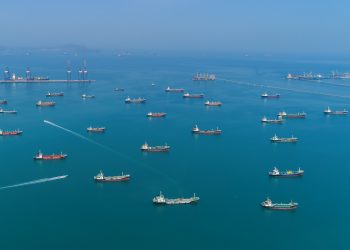The Marine Environment Protection Committee (MEPC) met for its 83rd session in person at IMO Headquarters in London from 7 to 11 April 2025, approving a work plan on the development of a regulatory framework for the use of onboard carbon capture and storage (OCCS).
OCCS systems capture carbon produced by a ship before it is emitted into the air. The Committee adopted new Guidelines for testbed and onboard measurements of methane (CH4) and/or nitrous oxide (N2O) emissions from marine diesel engines.
The Committee re-established the Correspondence Group on Measurement and Verification of Non-CO2 GHG Emissions and Onboard Carbon Capture, and tasked it with the following:
- further develop the framework for the measurement and verification of actual methane (CH4) and nitrous oxide (N2O) emission factors and fuel slippage values for marine diesel fuels;
- develop a regulatory framework for the use of onboard carbon capture and storage using the approved work plan; and
- submit a written report to MEPC 84.
According to, Akshat Arora, Senior Risk Assessor at UK P&I Club, shipboard carbon capture is a technology that has the potential to play a significant role in maritime decarbonisation. However, as with other new technologies, its success will depend on a number of factors, including: technical advancements (to produce systems compatible with shipboard operations and available space); commercial feasibility (which will in turn be impacted by the availability and cost of alternative fuels, as well as the price of carbon); availability; and the regulatory landscape.


































































